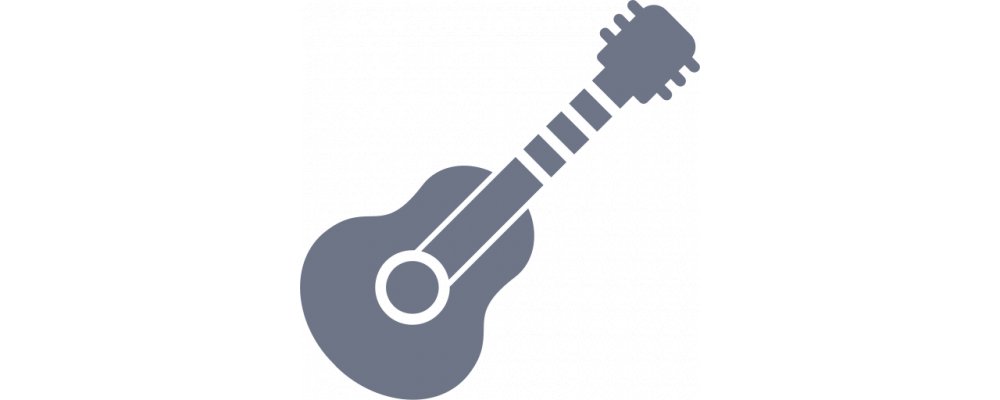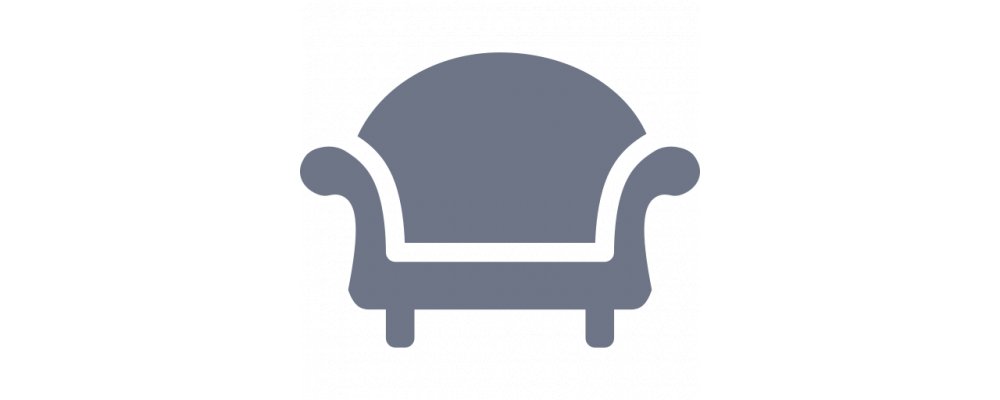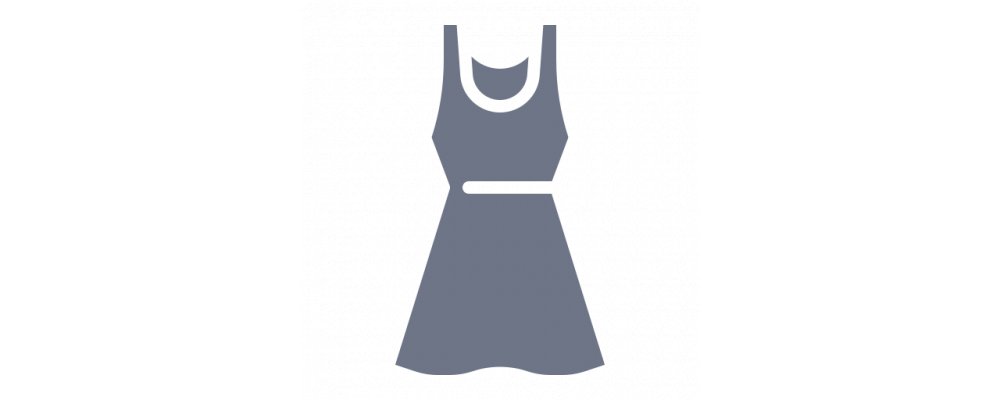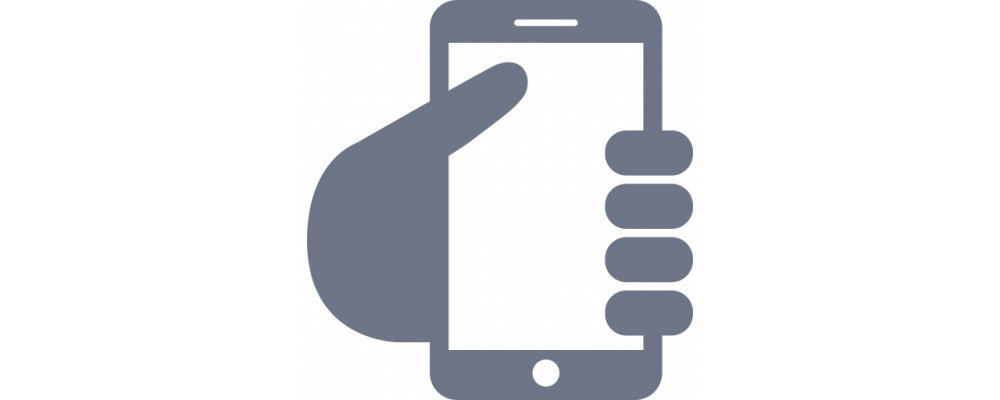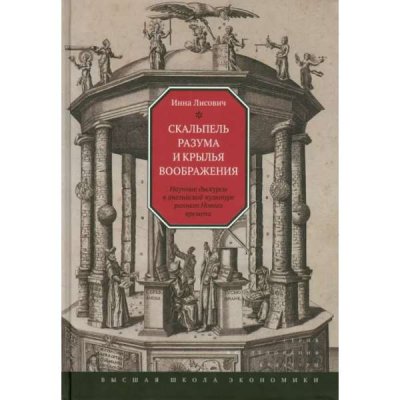Скальпель разума и крылья воображения. Научные дискурсы в английской культуре раннего Нового времени
The book is devoted to the history of the formation of science in the second half of the 16th - early 18th centuries. and the cultural contexts in which it took place. The focus is on related phenomena: the scientific method, provable theories, accessible language, open scientific communities and the reaction of citizens to the demonstration of experiments, public lectures and research. Thanks to the availability of scientific texts and experiments, such abilities of the soul as vision, imagination and memory are being rethought at this time, which became the basis of new knowledge, providing confidence in experience, new forms of transmission and preservation of information. There is a change in the status of science, scientists, scientific and educational institutions and scientific practices, which has led to the mutual influence of liberal arts in the field of language, concepts, ideas. This gave rise to poetic reflection on a new picture of the world and the desire to inscribe new knowledge into one's experience of being. Scholars, who often used poetry and rhetoric in their works, saw them as a way to draw the attention of patrons and inquisitive townspeople to their work. For a wide range of humanities - culturologists, philosophers, philologists, historians of science and art.
No reviews found





